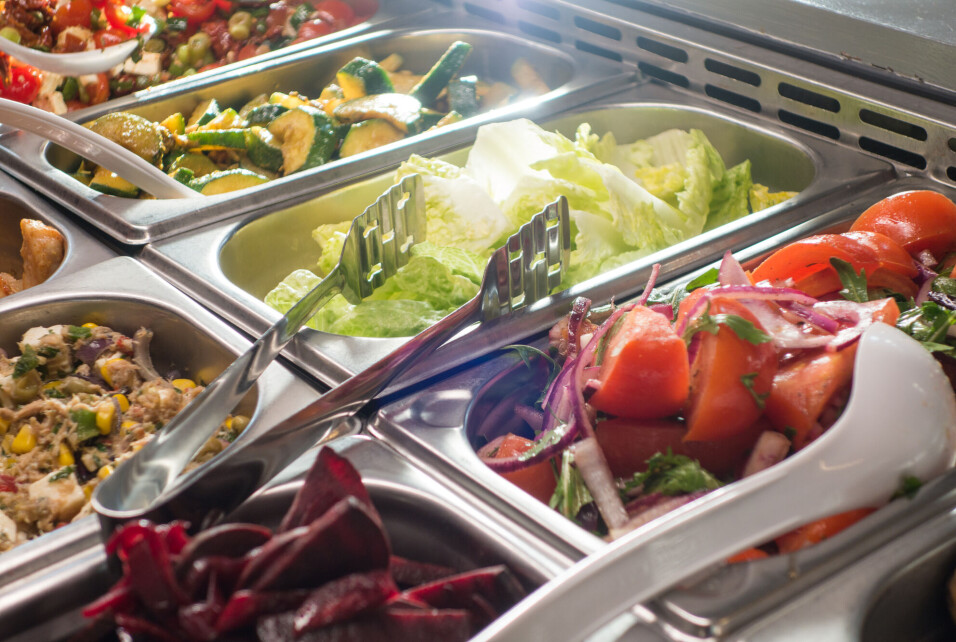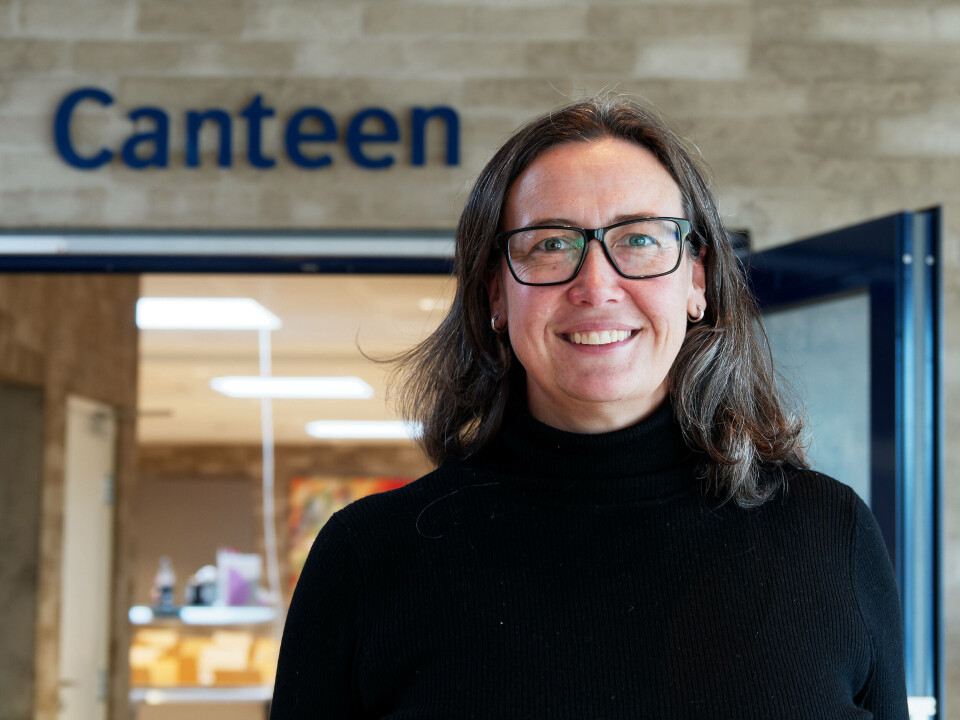THIS ARTICLE/PRESS RELEASE IS PAID FOR AND PRESENTED BY Nofima The Norwegian Institute of Food, Fisheries and Aquaculture Research - read more

Four out of ten would change their eating habits at home if they got to taste new food at work
Canteens can change eating habits by helping you eat healthier and more sustainably.
1.1 million meals are eaten in Norwegian canteens every day.
Canteens are places where it is easy to try new dishes. If you have tried new dishes in the canteen, liked them and have gotten hold of the recipes, senior scientist Antje Gonera believes that it is much easier to then prepare them at home.
The guests: Yes please!
In the first round of tests, more than 5,000 guests in 18 different canteens tried 4 new dishes: 2 vegetarian burger products and 2 chicken substitute products made from pea protein.
The guests liked all the dishes, and 4 out of 10 said they would change their buying habits if they tried new products in the canteen and liked them. In order to take home inspiration from lunch, guests want the canteens to hand out recipes or talk about the dishes.
The scientists will not only find out whether the canteens can inspire more people to eat plant-based food, but also how and what works best.
“Will there be different results when we change how the dishes are presented, or if we change the name of the dish and don’t use ‘vegetarian’ or ‘vegan’?,” Gonera asks.

New tool
Coor is working on a new training programme on sustainability and plant-based food preparation.
Hoff and Orkla are constantly developing new products and will use canteens as test and innovation arenas to increase accuracy in product development.
Foodback is creating a digital solution where guests give feedback via a QR code on the table and Æra develops and tests the business model.
“If we have canteens, guests and a digital tool, it can also be used for other research. This is a whole business model that does not exist today, built by producers, canteens and the research world,” Gonera says.

This article/press release is paid for and presented by Nofima The Norwegian Institute of Food, Fisheries and Aquaculture Research
This content is created by Nofima's communication staff, who use this platform to communicate science and share results from research with the public. Nofima is one of more than 80 owners of ScienceNorway.no. Read more here.
See more content from Nofima:
-
Red algae grown in wastewater from fish-farming facilities could become sustainable salmon feed
-
Pumpkins are good for more than just Halloween decorations
-
This is how temperature affects a salmon's health and growth
-
Study: Omega-3 and zinc is a powerful duo for salmon
-
Fish may turn yellow if frozen too fresh
-
Is it better if food is packaged in plastic or paperboard?




































